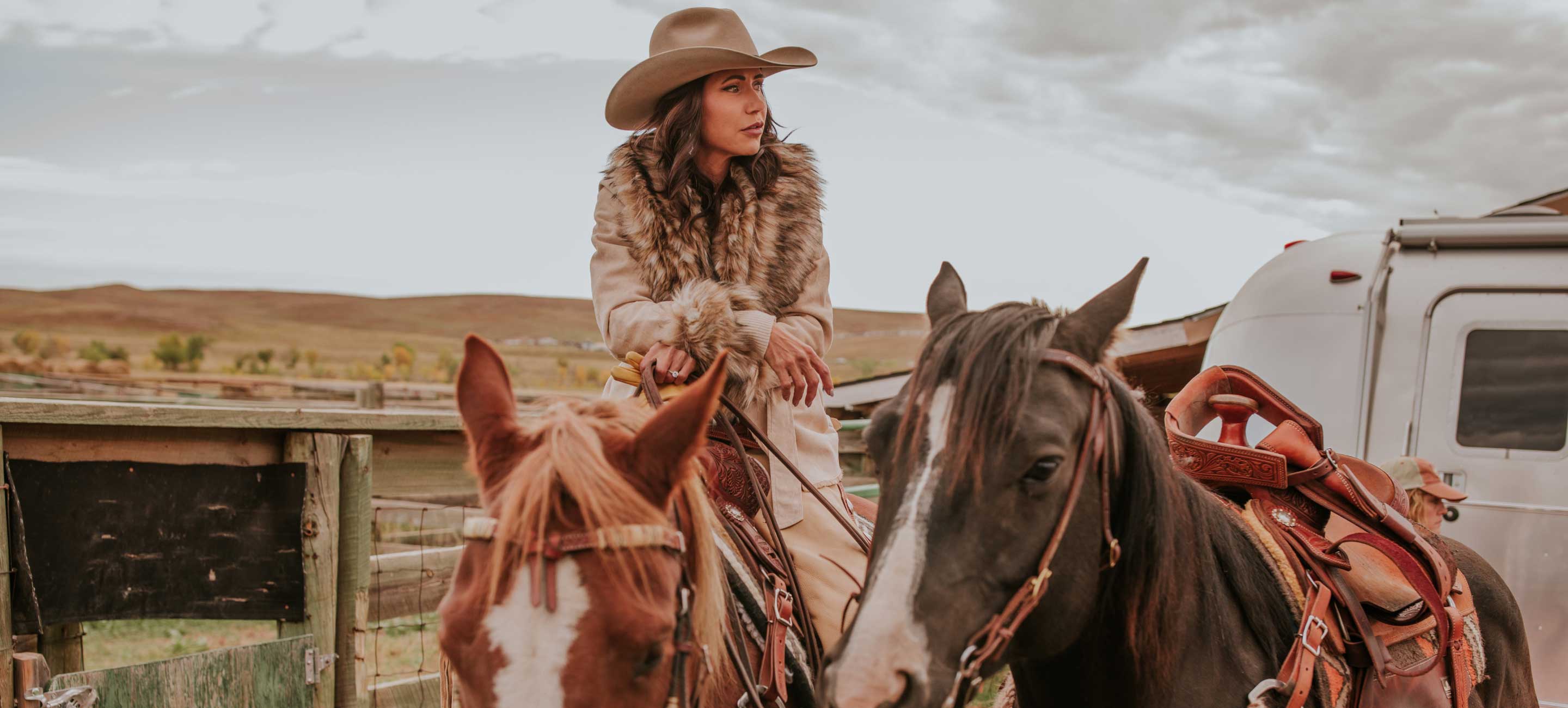.png)

Like so many who were raised in South Dakota, the concept of family drives Governor Noem’s principles. The values instilled in her as a child, the ideals she lives by today and the vision she holds for the future are all linked to a strong family foundation. Preserving and strengthening an environment that allows families to thrive is central to achieving that vision, and Governor Noem has proven that a conservative government approach fosters that environment.
Read More
























